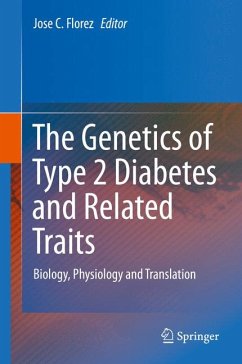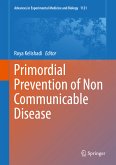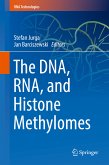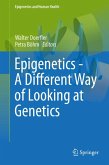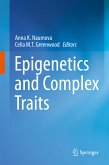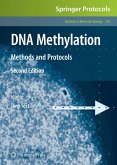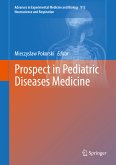This book presents the state of the art of type 2 diabetes genetics, from the process of genetic discovery to its interpretation and clinical application, and illustrates a model for other complex human phenotypes.
The first section explores genome-wide association studies, the extension of this method to less accessible phenotypes and the arrival of next-generation sequencing. A further section goes beyond genetics to illustrate how other data sources can help interpret genetic data, such as leveraging population diversity, the correlation of genetic associations with physiological measurements, gene expression modulation, environmental factors and our microbial commensals. The third section describes advances in elucidating the complex path from association to function using in-depth sequencing and functional studies of the cellular and molecular effects of genes in the loci identified by genetics. The final section links our current understanding with clinically relevant questions, such as prediction, interactions with drugs or nutrients, and disease prevention, and paints a realistic but hopeful vision of the future.
<
Dieser Download kann aus rechtlichen Gründen nur mit Rechnungsadresse in A, B, BG, CY, CZ, D, DK, EW, E, FIN, F, GR, HR, H, IRL, I, LT, L, LR, M, NL, PL, P, R, S, SLO, SK ausgeliefert werden.

